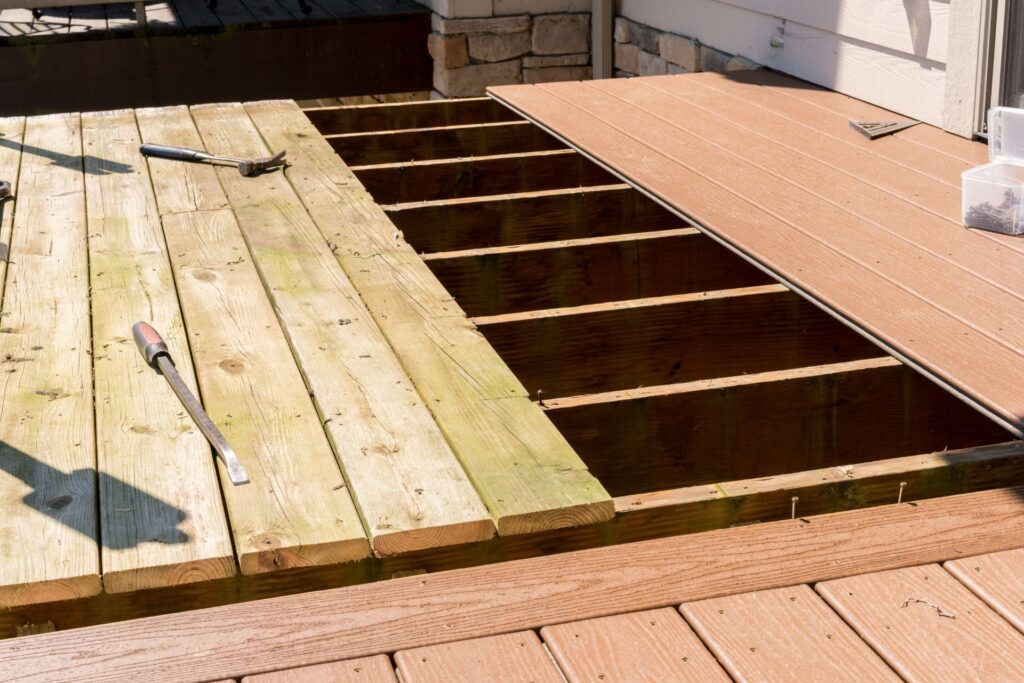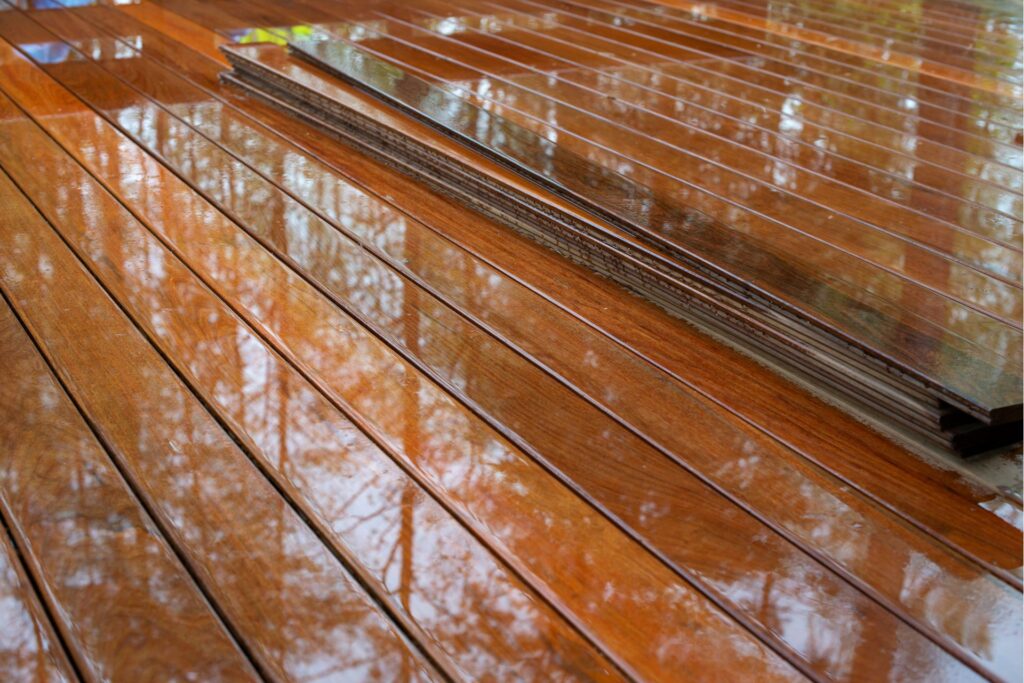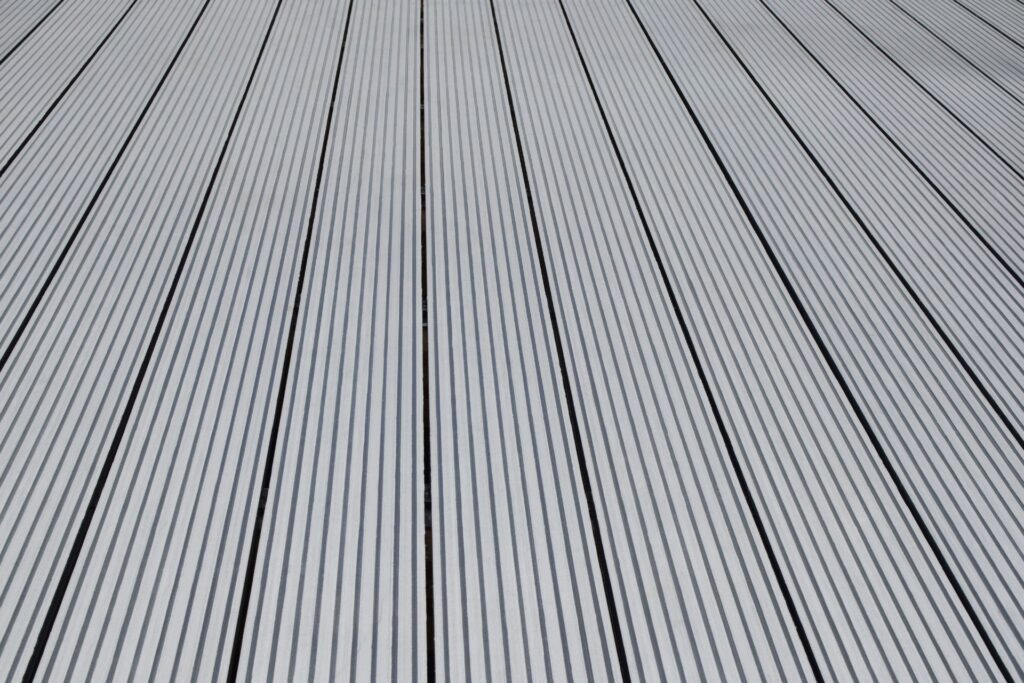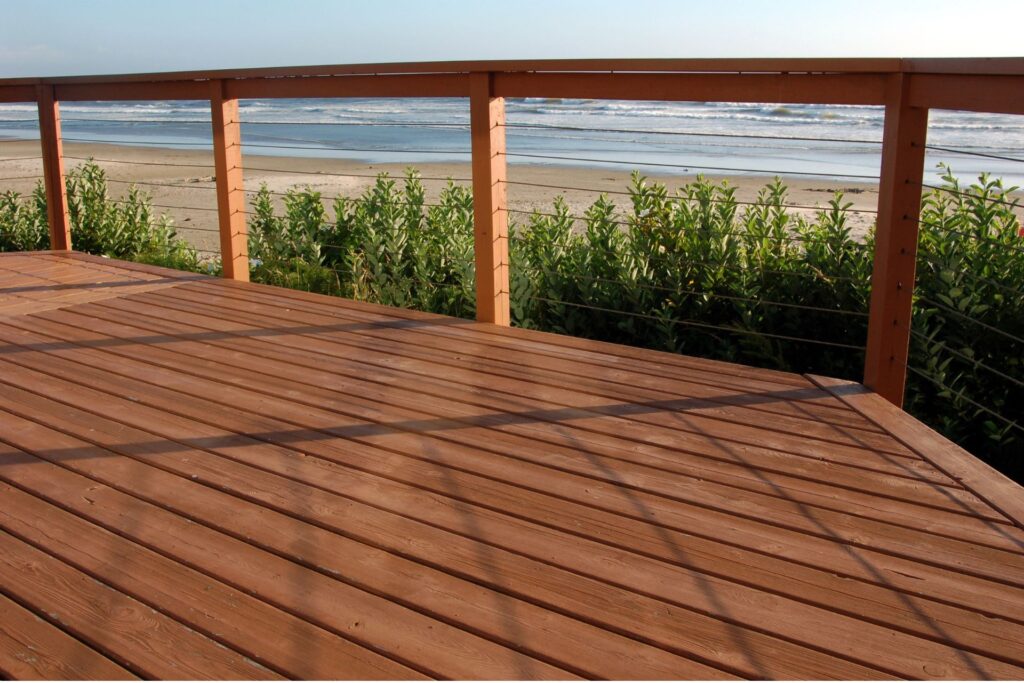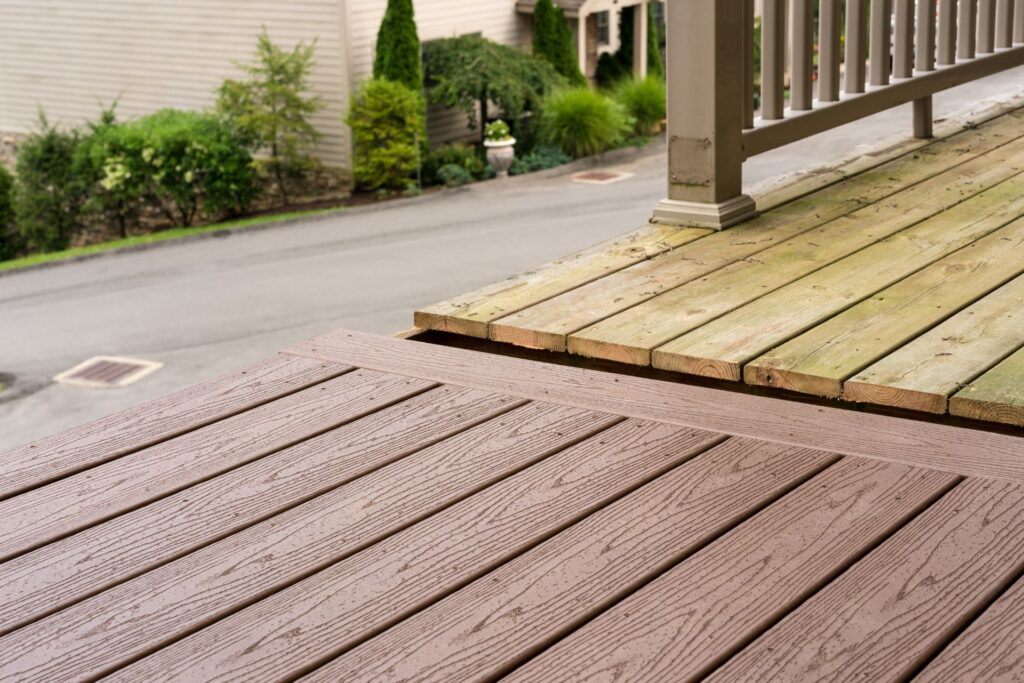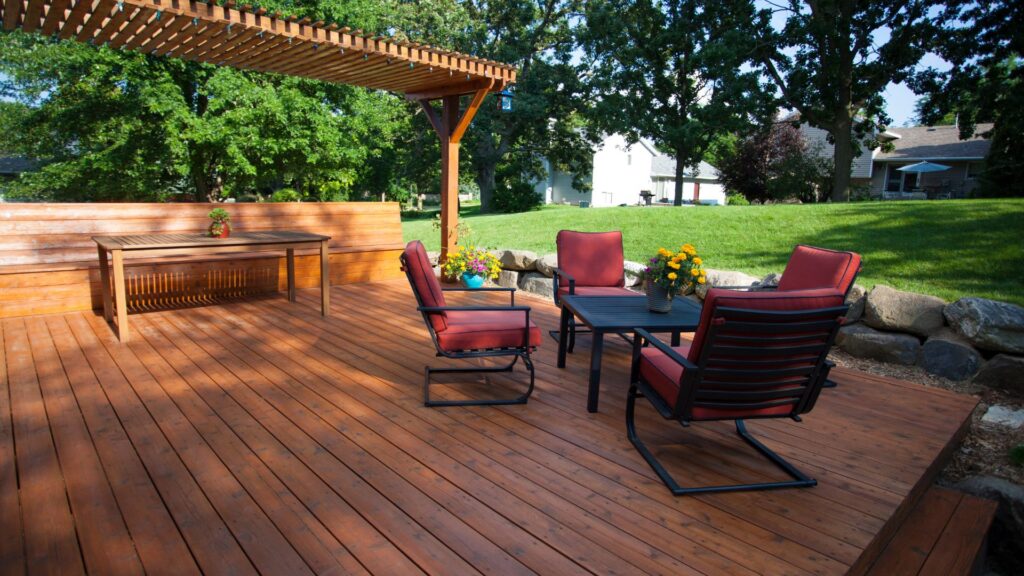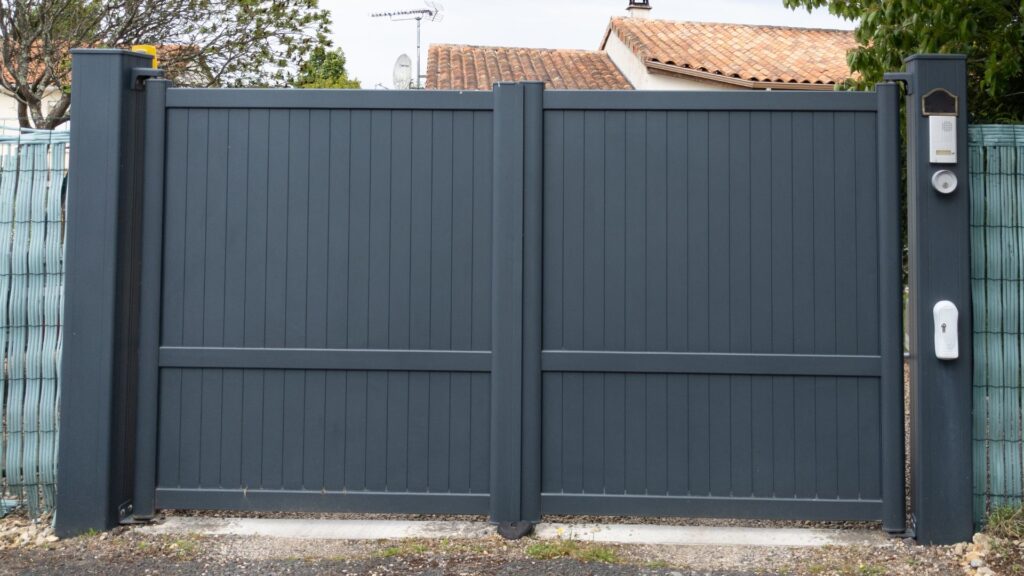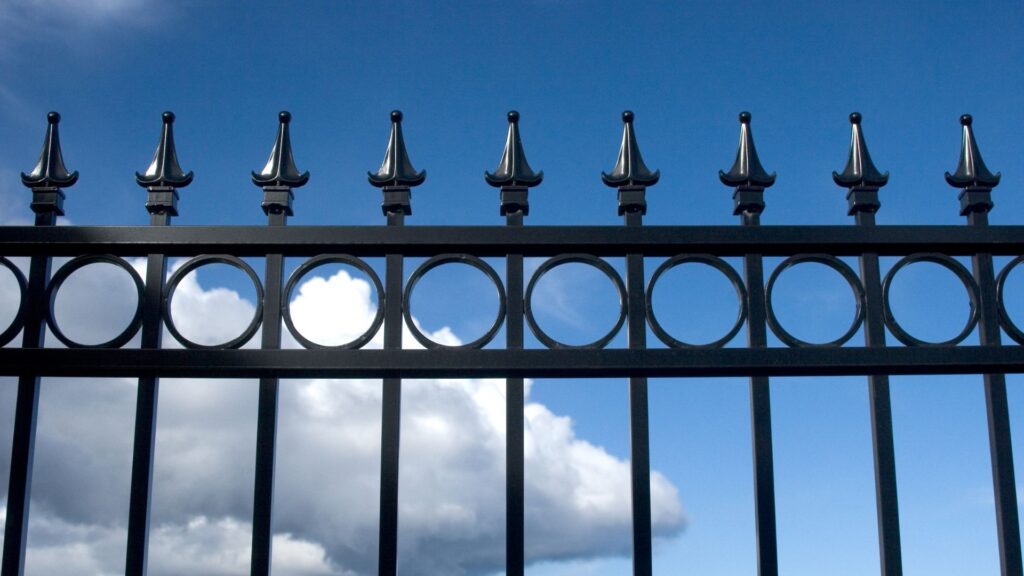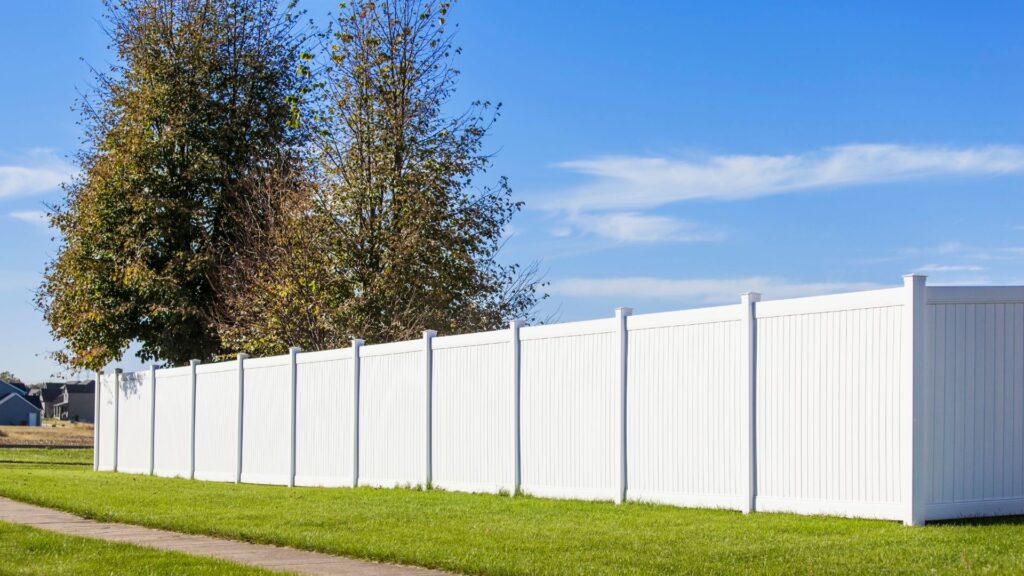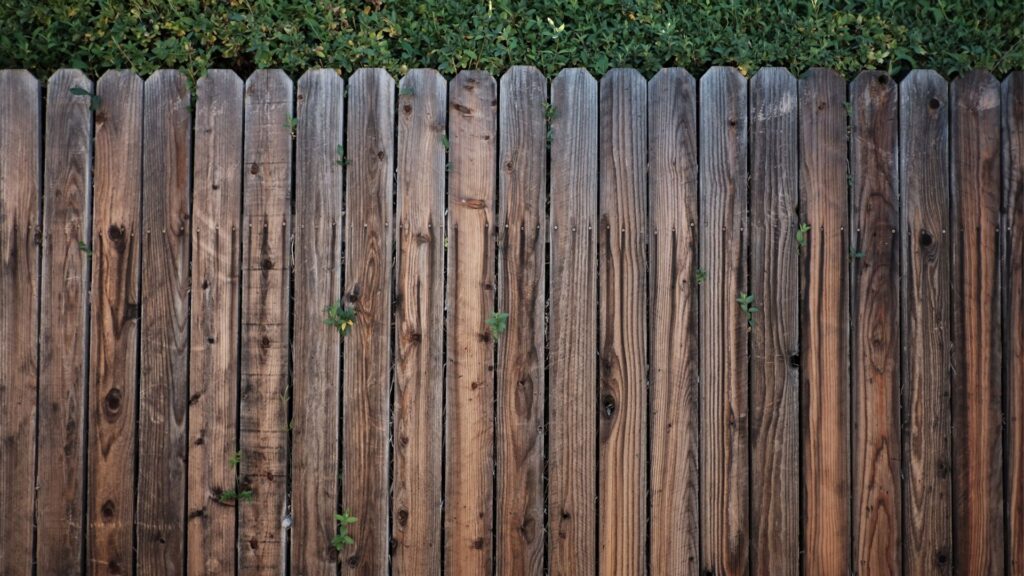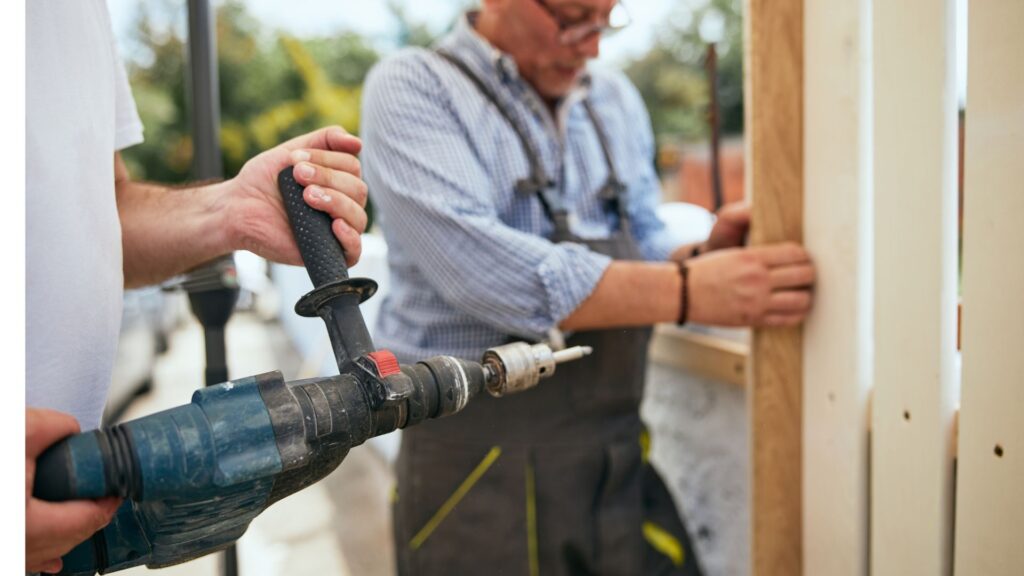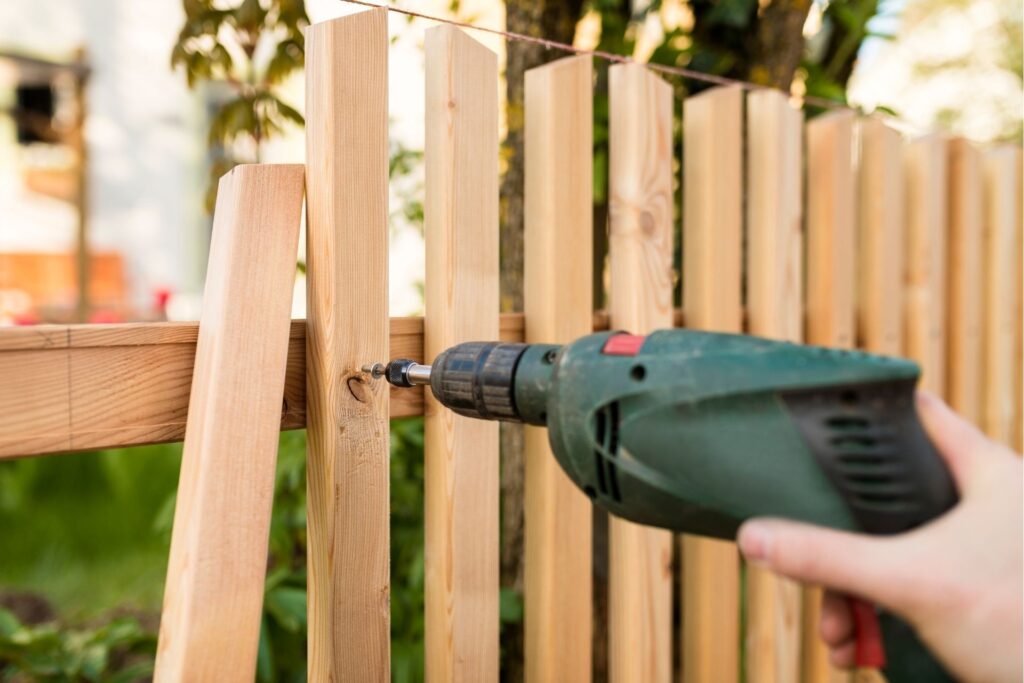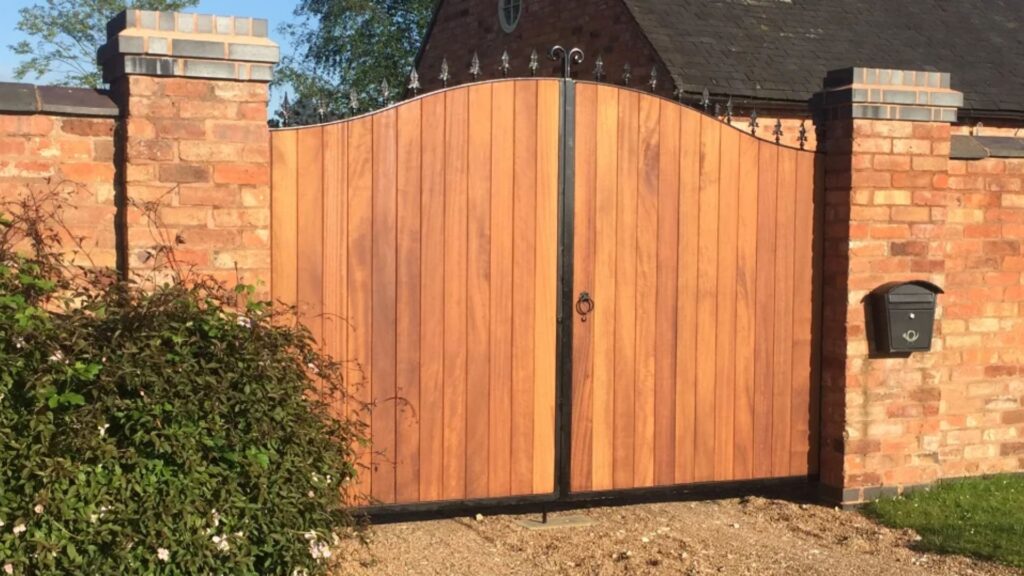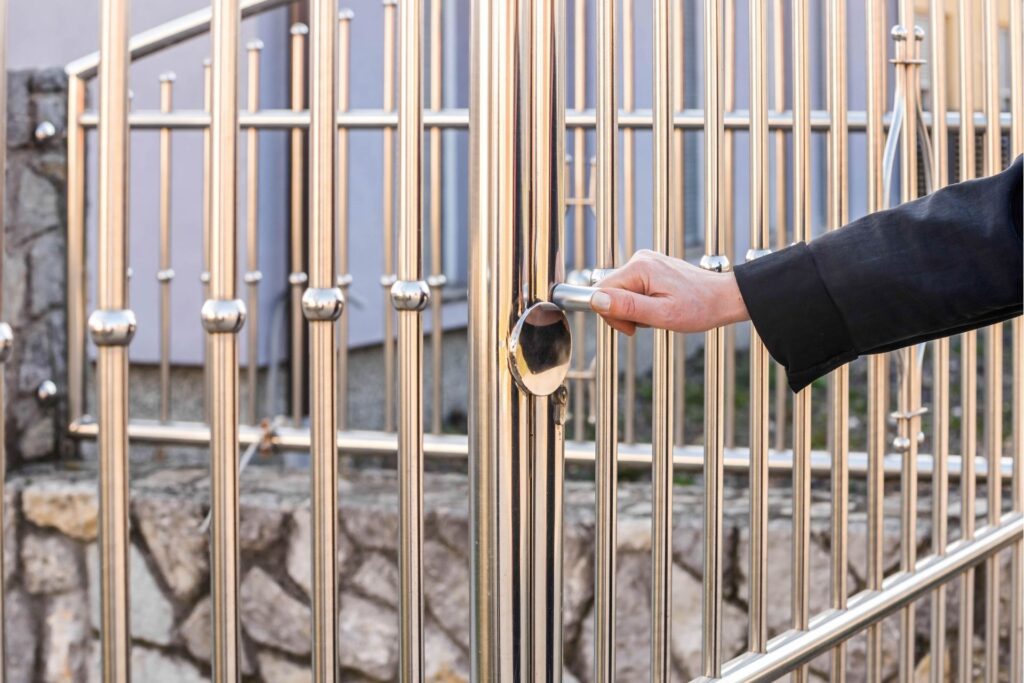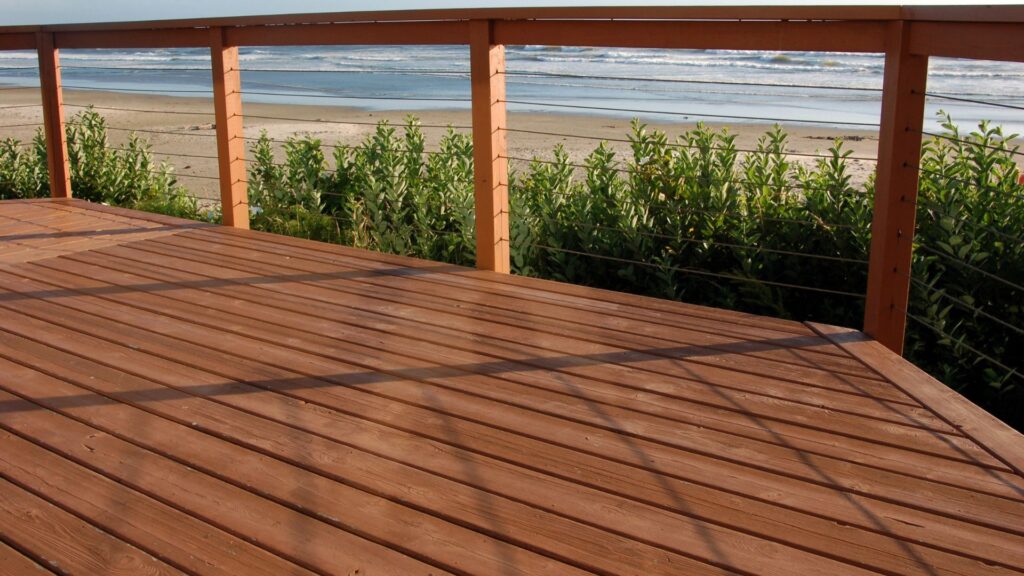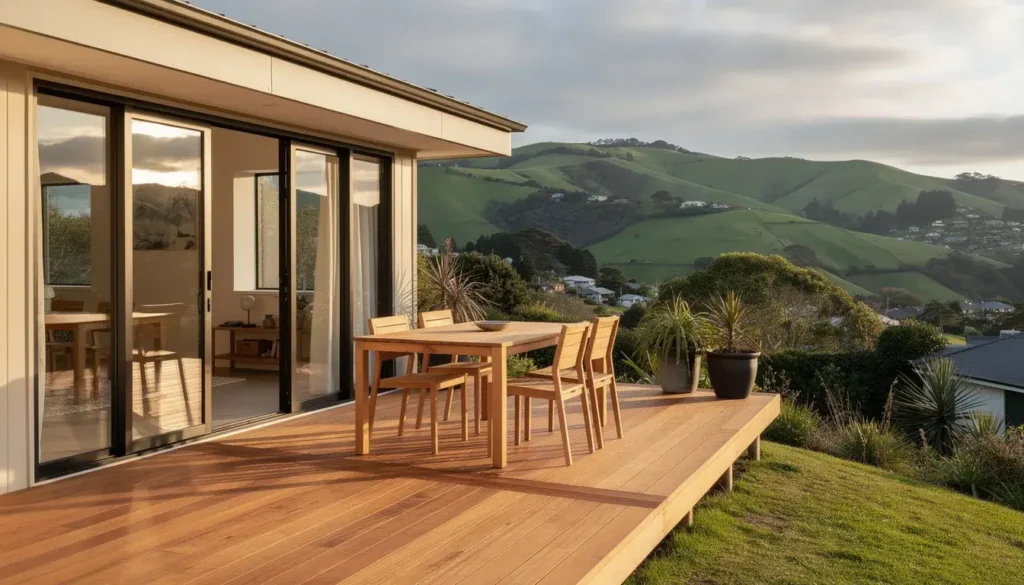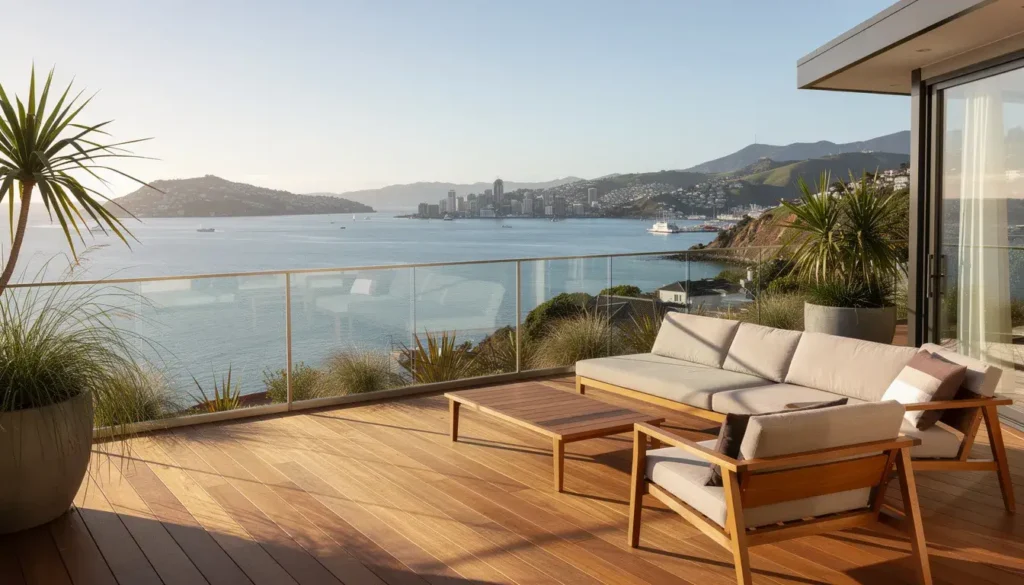Welcome to your ultimate guide on the cost of building a deck in New Zealand. Whether you’re envisioning a cozy outdoor space for family gatherings or a stylish deck to boost your home’s value, understanding the factors that influence deck costs is essential for budgeting your project. In this blog post, we’ll explore the various elements that affect the overall price, from materials and labor to hidden expenses like consents and maintenance. By the end of this guide, you’ll have a clear picture of what to expect when planning your dream deck and how to make informed decisions to get the most out of your investment.
The cost of building a deck in New Zealand typically ranges from $200 to $1,000 per square meter, depending on factors such as the materials used, deck size, labor, and site conditions. Common materials like treated pine, hardwood, and composite decking significantly affect the price, with labor and permits adding to the overall cost. For a small basic deck, expect to pay around $5,000, while larger, more complex designs can reach $15,000 or more.
Table of Contents
Factors Influencing Deck Costs
When considering the cost of building a deck in New Zealand, several factors come into play. Understanding these elements can help homeowners make informed decisions about their project’s budget, scope, and long-term value.
Deck Size and Shape
The size and shape of the deck have the most significant impact on the overall cost. Simply put, the larger the deck, the more materials and labor will be required, which directly increases the total expense. For example, a simple rectangular deck will typically cost less than a multi-level, uniquely shaped deck with curves or angles. Larger decks may also require additional support structures, which can further add to the cost. Homeowners should consider both their space needs and budget when determining the ideal size and layout for their deck.
Materials Used
The choice of materials plays a crucial role in determining the cost of a deck. In New Zealand, some popular decking materials include treated pine, hardwood, and composite decking, each with its unique price range and characteristics.
- Treated Pine: This is often the most affordable option, with prices starting at around $70-$90 per square meter. Treated pine is durable and can withstand New Zealand’s weather conditions but requires regular maintenance to prevent warping, cracking, or fading.
- Hardwood: Hardwood decking, such as Kwila or Vitex, can range from $100-$150 per square meter. While hardwood is more expensive than pine, it offers superior durability and aesthetics, giving the deck a premium look. However, it also requires regular maintenance, such as oiling, to maintain its rich color.
- Composite Decking: Composite decking materials, such as brands like Trex or Futurewood, are a low-maintenance option. Prices for composite decking range between $150-$200 per square meter. While composite decking has a higher upfront cost, its long lifespan and low maintenance requirements make it an attractive option for homeowners looking for convenience and sustainability.
The material selected for your deck will influence not only the initial construction cost but also the ongoing maintenance expenses. Homeowners should weigh the pros and cons of each material type based on their budget, aesthetic preferences, and willingness to invest time in maintenance.
Location and Site Conditions
The site conditions where the deck is to be built can significantly influence both material and labor costs. For instance, if your property has a sloped backyard or difficult access, it could require more complex construction techniques and additional materials for stabilization, such as retaining walls or extra support beams. Similarly, poor ground conditions, such as rocky or uneven terrain, may require more groundwork and leveling, further adding to the cost. If your site is easily accessible, and the land is flat and stable, you’ll likely save on labor and construction time.
Building Consents and Regulations
In New Zealand, building consents and council regulations must be considered before construction begins. Depending on the height and size of your deck, you may need a building permit. For example, decks higher than 1.5 meters generally require council approval. The process of obtaining these permits can add to the cost due to application fees, potential modifications to meet compliance, and sometimes even additional inspections. It’s essential to consult with your local council early in the planning stage to understand the requirements and associated costs.
Additional Features and Customizations
Decks are often more than just flat platforms—they can include a variety of features and customizations that enhance both functionality and aesthetic appeal, but these features also add to the overall cost.
- Lighting: Adding LED lighting to steps or railings can create ambiance and improve safety, but it will increase both material and electrical labor costs.
- Built-in Seating: Custom seating integrated into the deck design offers convenience and style but will require additional materials and carpentry work, driving up the price.
- Railings: While railings are often necessary for safety, they can also be an aesthetic feature. The choice of material (wood, glass, metal) and design (standard vs. custom) will affect the price.
- Pergolas: A pergola can provide shade and architectural interest, but it is a significant expense. The size, material, and complexity of the structure will all influence the cost.
Adding these features can enhance the usability and appeal of your deck, but they should be factored into your budget from the beginning to avoid surprises.
By carefully considering each of these factors, size, materials, site conditions, consents, and additional features homeowners can develop a clear understanding of the potential costs involved in building a deck in New Zealand. Each decision impacts the final price, and making informed choices ensures that the project meets both functional needs and budgetary constraints.

Average Cost Of Building A Deck In NZ
Building a deck in New Zealand involves several cost considerations, such as the type of materials used, the size of the deck, and labor costs. While it’s tempting to dive straight into the project, it’s crucial to understand how these factors come together to determine the overall cost.
Cost Breakdown by Material
- Treated Pine: Treated pine is one of the more affordable options for decking material in New Zealand. You can expect to pay between $150 to $250 per square meter. This includes the cost of the timber, as well as treatment to ensure it withstands the elements. Treated pine is particularly popular for its low cost and durability, though it may require regular maintenance, such as staining and sealing.
- Hardwood: If you’re after a more premium look, hardwood is an excellent option, but it comes with a higher price tag. Depending on the specific type of hardwood, the cost can range from $300 to $500 per square meter. Hardwoods like Kwila and Vitex are known for their rich color and longevity, making them a favorite for homeowners looking to invest in a long-lasting deck. However, these decks require more upfront investment compared to softwoods like pine.
- Composite Decking: Composite decking is a modern alternative that combines wood fibers and recycled plastic to create a low-maintenance, durable product. This material typically ranges from $350 to $600 per square meter. While it may have a higher initial cost compared to treated pine, the long-term savings on maintenance make it an attractive option for many. Composite decks are resistant to rot, splintering, and fading, making them ideal for those who want a hassle-free outdoor space.
Cost Breakdown by Deck Size
- Small Deck (up to 20m²): For a smaller deck, typically designed for a patio or a small outdoor space, costs can range from $3,000 to $6,000. These decks are generally quick to construct and often involve lower labor costs, though the price can vary depending on the materials you choose.
- Medium Deck (20m² – 50m²): A medium-sized deck, suitable for more extensive outdoor entertaining, will likely cost between $6,000 and $15,000. This range reflects the increased materials and labor required, with the final cost heavily influenced by the type of decking material used.
- Large Deck (50m²+): If you’re thinking about building a large deck that serves as an expansive extension of your home, be prepared to invest anywhere from $15,000 to $30,000 or more. The size of the deck not only increases the cost of materials but also impacts labor, design, and council approvals, all of which add to the total expense.
Labor Costs
Labor is a significant component of any decking project, with typical hourly rates for deck builders in New Zealand ranging from $50 to $100 per hour. The total labor cost can vary widely depending on the complexity of the project, the experience of the tradesperson, and your location.
For example, constructing a small deck might require 50-80 hours of labor, which could total between $2,500 and $8,000, depending on the hourly rate. For a medium-sized deck, you might need 100-150 hours of labor, costing anywhere from $5,000 to $15,000. Large decks, particularly those with intricate designs or elevated structures, can require 200 or more hours, with labor costs potentially reaching $20,000 or higher.
DIY vs. Hiring Professionals
When it comes to building a deck, many homeowners face the dilemma of choosing between DIY and hiring a professional. While DIY may offer potential savings, it’s not without risks.
- DIY: Taking the DIY route could save you a significant portion of labor costs, but it requires a solid understanding of construction and a commitment to safety. You’ll need to account for the time, tools, and materials yourself. If you have experience and the project is straightforward, DIY could save you thousands of dollars. However, mistakes made during construction can be costly to fix, and improper building techniques could lead to structural issues down the line, which might even void your insurance.
- Hiring Professionals: On the other hand, hiring professionals ensures the job is done right the first time. Professionals bring expertise, efficiency, and a higher standard of safety to the project. While this option is more expensive upfront due to labor costs, it provides peace of mind and often comes with a guarantee on the work done. In many cases, hiring a professional can prevent the additional costs associated with fixing DIY mistakes.
Ultimately, the choice between DIY and hiring professionals depends on your budget, experience level, and the complexity of the deck you want to build. For those with limited construction knowledge or large, complex designs, hiring a professional is often the safer and more cost-effective option in the long run.
By breaking down costs in terms of materials, size, and labor, you can plan your decking project more effectively and avoid unexpected expenses. Whether you go the DIY route or enlist professional help, understanding the full scope of costs will help ensure your new deck is both beautiful and budget-friendly.
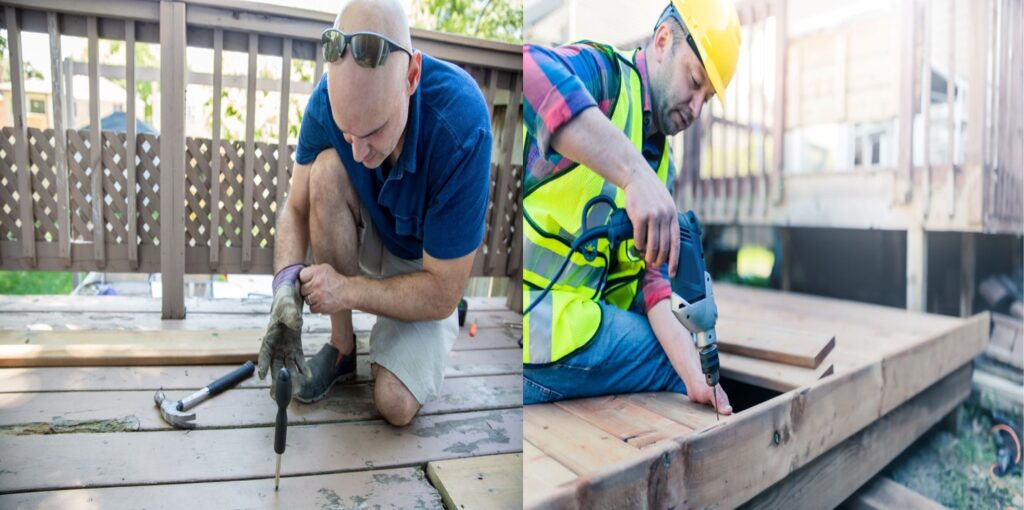
Hidden Costs And Considerations
Deck Foundations and Support
When planning to build a deck, one of the most overlooked but crucial aspects is the foundation and support structure. These elements are not just about ensuring that your deck stands sturdy; they play a significant role in determining the overall cost of your project. The terrain on which your deck will be built greatly impacts the need for site preparation. For instance, if your yard is sloped or uneven, leveling the ground may be necessary, and this can involve labor-intensive grading or even excavation work, which quickly adds to your expenses. Beyond that, the type of foundation used, whether it’s concrete footings, piles, or post anchors, can also vary in cost depending on the soil conditions and deck height.
In some cases, you may need to consult a professional to assess the structural needs, particularly if your deck will be large or elevated. This ensures that your deck complies with local building codes and is safe for long-term use. While it’s tempting to opt for cheaper support options, investing in a solid foundation upfront can save you from costly repairs down the line. Always factor in these foundational elements when budgeting for your deck to avoid surprise costs.
Consents and Compliance
Building a deck may seem like a straightforward project, but there are legalities involved that could lead to additional expenses. Depending on the size and height of your deck, you may need to obtain building consents or permits. In New Zealand, for example, decks higher than 1.5 meters generally require building consent, and even lower decks could require permits depending on specific council regulations. These consents come with application fees, and if your deck design is particularly complex, you might also need to invest in an architect or engineer’s plans, further increasing the costs.
Moreover, compliance certificates may be necessary to ensure your deck meets safety standards, especially if it’s attached to your home or if it involves plumbing and electrical components, such as lighting or outdoor kitchens. While these permits and certificates are crucial for safety and legal compliance, they can add hundreds or even thousands of dollars to your overall deck-building costs. Failing to obtain the necessary permits could also lead to fines or force you to dismantle your deck, which makes this a consideration you can’t afford to overlook.
Ongoing Maintenance
After your deck is built, it’s essential to remember that the initial build cost is just the beginning. Decks require ongoing maintenance to keep them looking good and functioning properly, and the type of material you choose will largely dictate the upkeep costs. For example, timber decks, while beautiful, require regular staining and sealing to protect them from the elements. Failing to do so can result in warping, cracking, or rot, which will lead to costly repairs or replacements. Depending on your deck size and the quality of products used, staining and sealing can add hundreds of dollars to your annual upkeep costs.
Composite decks, on the other hand, tend to require less maintenance than natural wood, as they are more resistant to weather and wear. However, they are not maintenance-free. You will still need to clean them periodically and may need specialized products to prevent fading or staining. Additionally, no matter the material, all decks will eventually require some form of repair, whether it’s replacing a few boards or addressing issues with the foundation. It’s wise to set aside a portion of your budget for ongoing maintenance to ensure your deck remains safe and enjoyable for years to come.
By considering these hidden costs and understanding how site preparation, legal compliance, and maintenance can impact your budget, you can better plan for a successful and cost-effective deck project.
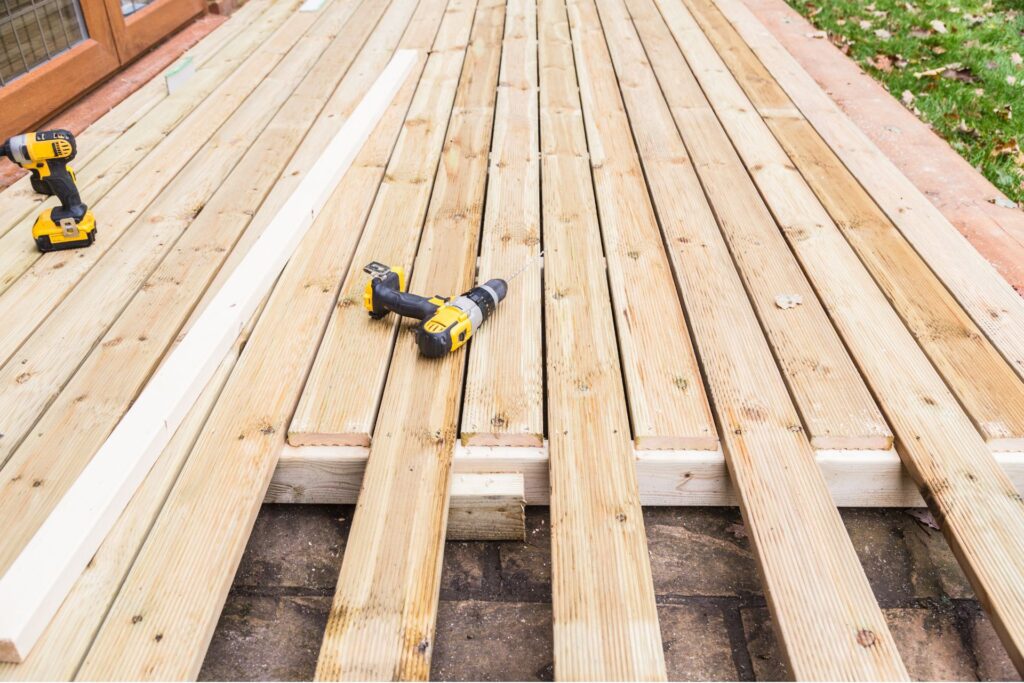
Cost-Saving Tips
Plan Ahead
One of the most effective ways to save money on your deck project is to plan ahead. By carefully considering the size, layout, and materials from the beginning, you can avoid unnecessary changes later, which often result in higher costs. Think about the purpose of the deck and how much space you’ll realistically need. Choosing a design that fits your budget while still meeting your needs is key. For example, larger decks require more materials and labor, which can increase the overall cost significantly. Selecting the right materials upfront—whether it’s wood, composite, or a hybrid option—can also help you manage your budget effectively. By planning all of these details early on, you’ll minimize unexpected costs and be better prepared for any challenges that arise.
Opt for Simpler Designs
When it comes to design, simplicity is not only beautiful but also budget-friendly. More complex deck designs, such as multi-level structures or unusually shaped decks, tend to increase both material costs and labor time. These intricate designs often require specialized materials, skilled labor, and more time to complete, all of which can add up quickly. Instead, opting for a straightforward, single-level deck with clean lines and standard shapes can help you stay within budget while still achieving an attractive and functional outdoor space. Simpler designs are also easier to maintain, offering further cost savings down the line.
Compare Quotes
Another key strategy for keeping your deck project affordable is to compare quotes from multiple contractors and suppliers. Getting at least three different quotes allows you to see a range of prices for both materials and labor. This helps ensure that you’re getting a fair price without overpaying. When comparing quotes, don’t just focus on the total cost—pay attention to what’s included in each estimate. Some contractors might offer a lower price, but with hidden fees or lower-quality materials. Take the time to review each quote carefully, ask questions, and ensure that everything is transparent. This approach will help you make an informed decision that balances cost with quality, saving you money without compromising on the end result.
By planning ahead, opting for simpler designs, and comparing quotes, you can effectively control the costs of your deck project without sacrificing quality or functionality.
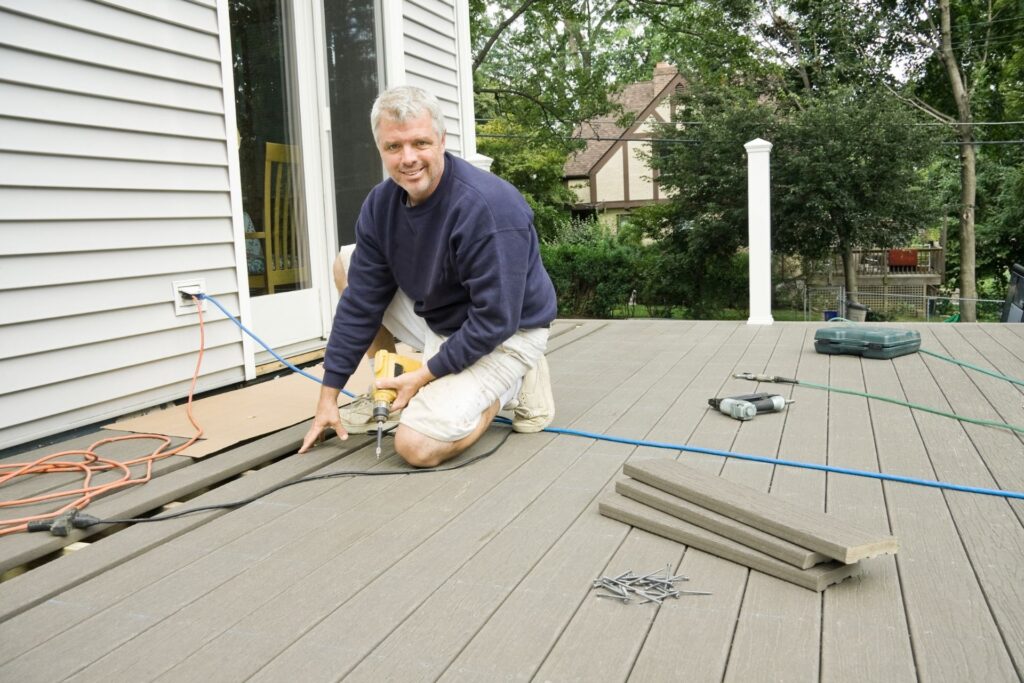
Examples Of Deck Projects And Costs Across NZ
Auckland
In Auckland, the cost of building a deck can vary widely depending on factors like size, materials, and labor. Let’s consider a hypothetical example of constructing a 20-square-meter timber deck using pine, a popular choice in the region.
Assuming the project uses standard pine decking, the material cost in Auckland could range between $70 to $90 per square meter. This means the total material cost for the deck would be approximately $1,400 to $1,800. Labor rates in Auckland tend to be higher than in other parts of the country due to demand and the cost of living, so you can expect to pay between $60 to $100 per hour for experienced builders. For a deck of this size, labor could take around 40 to 50 hours, bringing the labor cost to between $2,400 and $5,000.
When combining material and labor costs, the total project could range from $3,800 to $6,800. It’s important to account for additional expenses such as permits (if required), site preparation, or any custom features like railings, which could add another $500 to $1,000 to the total cost.
Wellington
Now, let’s shift to Wellington, where building a similar 20-square-meter timber deck might come with slight variations in cost. Due to Wellington’s more temperate climate and exposure to frequent winds, homeowners often opt for more durable materials such as hardwoods or composite decking. This could push material costs slightly higher. For instance, using a hardwood like Kwila might increase the price to $100 to $150 per square meter, translating to a material cost of $2,000 to $3,000 for the same-sized deck.
Labor costs in Wellington are often comparable to Auckland but can be a bit lower depending on the specific suburb or availability of contractors. Expect labor rates between $50 to $90 per hour, with the total labor costs falling between $2,000 and $4,500 for the project.
Factoring in both materials and labor, the overall project cost could range from $4,000 to $7,500. Additionally, homeowners in Wellington might need to account for extra costs due to wind protection measures or specific building regulations that mandate certain structural reinforcements, potentially adding $300 to $800 to the total cost.
Christchurch
In Christchurch, building a 20-square-meter deck comes with its own unique set of challenges and considerations, particularly due to the region’s history of seismic activity. Materials and construction methods might need to comply with stricter local building codes to ensure the deck is safe and resilient. For example, using timber like pine is still common, with material costs similar to Auckland, ranging from $70 to $90 per square meter. However, additional reinforcements may be needed for the foundation and framing, which could add $500 to $1,000 to the material costs.
Labor costs in Christchurch tend to be slightly lower than in Auckland, ranging from $50 to $80 per hour. For a project this size, labor costs might be between $2,000 and $4,000. Considering the additional expenses for meeting building code requirements, the total cost of the project in Christchurch could range from $4,000 to $7,000.
Moreover, Christchurch homeowners should be prepared for potential costs related to earthquake-proofing measures. This could involve specialized anchoring systems or additional bracing, which could push the final cost higher by $400 to $1,000, depending on the complexity of the project.
Deck projects across New Zealand, whether in Auckland, Wellington, or Christchurch, come with various cost considerations driven by material choices, labor rates, and regional building codes. While Auckland tends to have the highest labor costs, Wellington homeowners might face higher material costs, and Christchurch projects may need additional seismic reinforcements. Understanding these regional variations is key to budgeting accurately for a deck project in NZ.
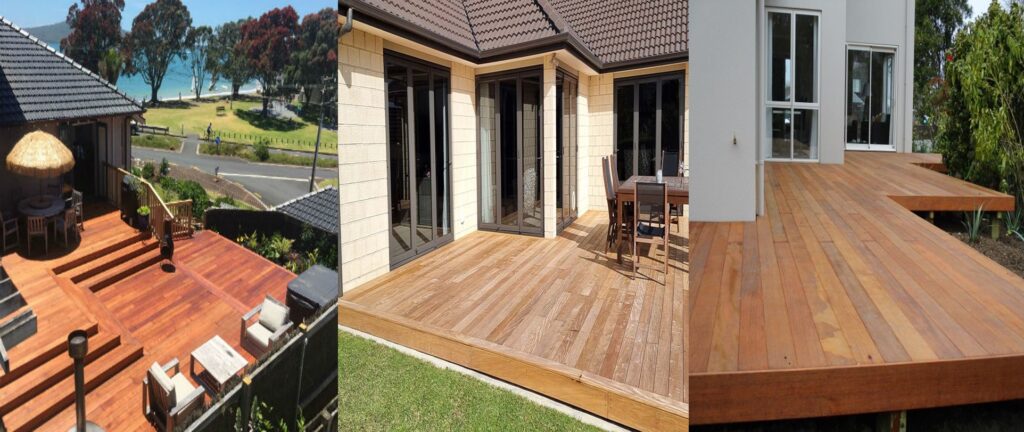
Is Building A Deck Worth The Investment?
Increase in Property Value
Adding a deck to your property is more than just an aesthetic upgrade—it’s a savvy financial move. A well-designed deck can significantly increase the value of your home, providing a strong return on investment (ROI) when it comes time to sell. In today’s housing market, buyers are drawn to outdoor spaces that offer additional functionality and a seamless flow between indoor and outdoor living. A deck creates a desirable extension of your home, particularly during warmer months when outdoor entertainment and relaxation are at their peak.
Research shows that properties with attractive outdoor spaces, like decks, often command higher prices than homes without them. This is especially true in areas where outdoor living is highly valued. In many cases, the cost of building a deck is recouped when you sell, making it a cost-effective home improvement. Even if you’re not planning to sell soon, the investment in a deck can elevate your home’s market appeal, ensuring that it stands out to potential buyers.
Enjoyment and Lifestyle
While the financial benefits of adding a deck are clear, the lifestyle advantages are just as important. A deck offers a unique outdoor retreat right outside your door. Whether you’re hosting a barbecue, gathering with friends and family, or simply enjoying a quiet evening under the stars, a deck becomes a versatile space for relaxation and entertainment.
Decks create an inviting atmosphere that encourages spending more time outdoors, fostering a connection to nature. They also offer the perfect setting for morning coffee, afternoon reading, or an evening glass of wine. For families, a deck can become a central hub for outdoor activities—everything from children’s playtime to casual dinners.
Building a deck not only improves your quality of life by expanding your living space but also enhances the overall experience of your home. It’s an investment in comfort, lifestyle, and making the most of every season.
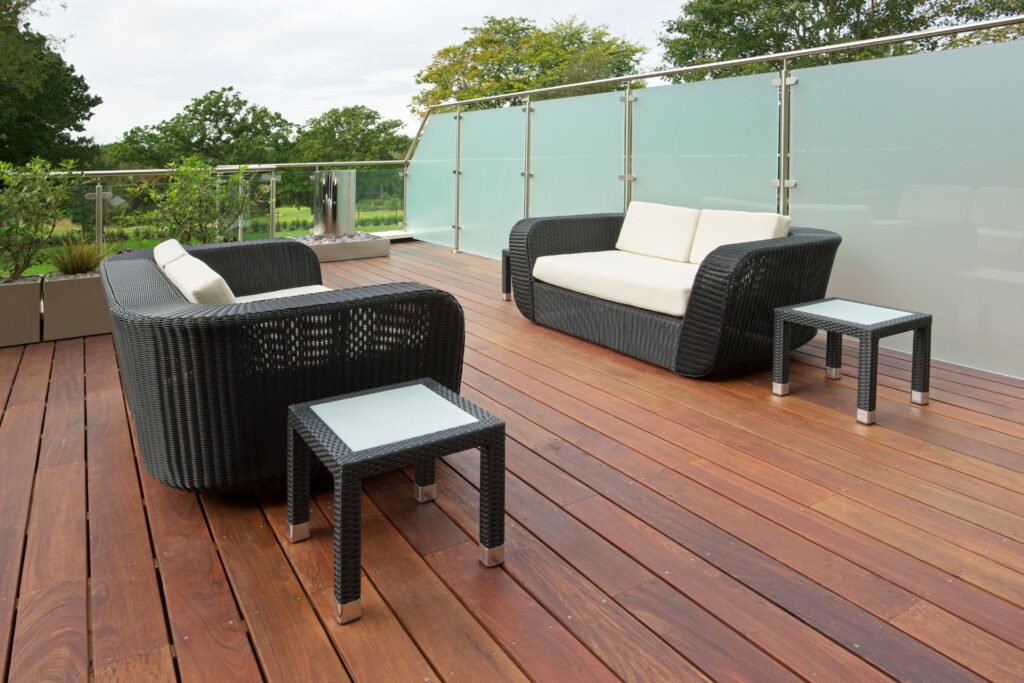
FAQs: About How Much Does A Deck Cost In NZ
How much does a typical deck cost in New Zealand?
The cost of a typical deck in New Zealand varies widely depending on factors such as size, materials, and location. On average, building a deck can range from $200 to $1,000 per square meter. A small basic deck might cost around $5,000, while a larger or more elaborate deck could cost $15,000 or more.
What materials are commonly used for decks in NZ, and how do they impact the cost?
Common materials for decks in NZ include treated pine, hardwood, and composite decking. Treated pine is the most affordable, costing around $200-$300 per square meter, while hardwoods like Kwila or Vitex range from $350-$500 per square meter. Composite decking, known for its low maintenance, can range from $500-$1,000 per square meter.
Do I need consent to build a deck in NZ?
Yes, in many cases, you will need consent from your local council, particularly if the deck is elevated or over a certain height. Consent fees vary but can add between $500 to $2,000 to your project’s total cost. Always check with your local council before starting your project.
How much do labor costs add to the total price of a deck?
Labor costs for building a deck typically range from $50 to $100 per hour in New Zealand. For a medium-sized deck, labor could contribute around $3,000 to $7,000 to the total cost, depending on the complexity of the project and the region.
What hidden costs should I be aware of when planning to build a deck?
Hidden costs can include site preparation (such as leveling the ground or adding support structures), council consent fees, delivery charges for materials, and ongoing maintenance costs such as staining or sealing the deck. These can add several thousand dollars to your budget.
Can I save money by building the deck myself?
Yes, building the deck yourself can save on labor costs, which can be a significant portion of the overall expense. However, DIY construction comes with risks such as incorrect installation, which could lead to structural issues. If you’re not confident in your abilities, it may be better to hire a professional.
How long does it take to build a deck in NZ?
The time it takes to build a deck depends on the size, complexity, and weather conditions. A small to medium-sized deck can take one to two weeks to complete, while a larger or more elaborate deck could take up to a month.
What are the maintenance costs for a deck in NZ?
Maintenance costs vary by material. Wooden decks require regular staining or sealing every 1-2 years, which can cost $200 to $500 each time. Composite decks are lower maintenance but might require occasional cleaning, which could cost around $100 annually for cleaning products.
Does building a deck increase the value of my home?
Yes, building a deck can increase the value of your home by enhancing outdoor living space and overall appeal. Depending on the size and quality of the deck, it may provide a return on investment of 70-80% or more when selling the property.
Are there any cost-saving tips for building a deck in NZ?
To save on deck-building costs, consider planning a simpler design, using treated pine instead of more expensive materials, and getting multiple quotes from builders to find the best price. Additionally, opting for off-season construction can sometimes lead to discounted labor rates.
Conclusion
To wrap things up, we’ve covered all the essential factors that influence the cost of building a deck in NZ, including materials, labor, and extra features like lighting and railing. Whether you’re planning a simple wooden deck or a more elaborate design, it’s important to budget carefully and consider the long-term value. Now that you have a clearer understanding of what’s involved, why not start planning your dream deck today? Keep all these key points in mind as you design your ideal outdoor space. What kind of deck are you envisioning for your home? Let’s bring your vision to life!
About the Author:
Mike Veail is a recognized digital marketing expert with over 6 years of experience in helping tradespeople and small businesses thrive online. A former quantity surveyor, Mike combines deep industry knowledge with hands-on expertise in SEO and Google Ads. His marketing strategies are tailored to the specific needs of the trades sector, helping businesses increase visibility and generate more leads through proven, ethical methods.
Mike has successfully partnered with numerous companies, establishing a track record of delivering measurable results. His work has been featured across various platforms that showcase his expertise in lead generation and online marketing for the trades sector.
Learn more about Mike's experience and services at https://theleadguy.online or follow him on social media:
